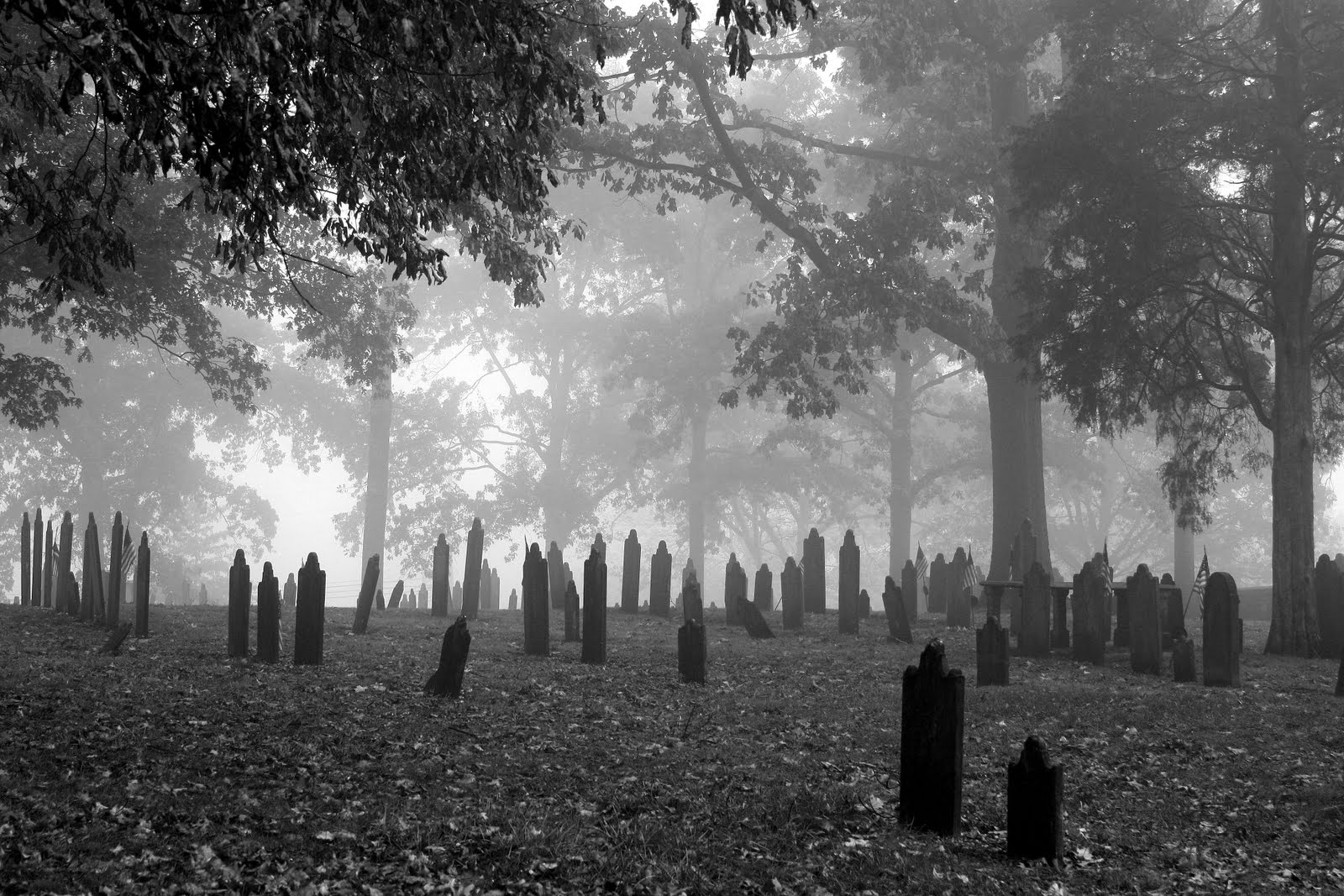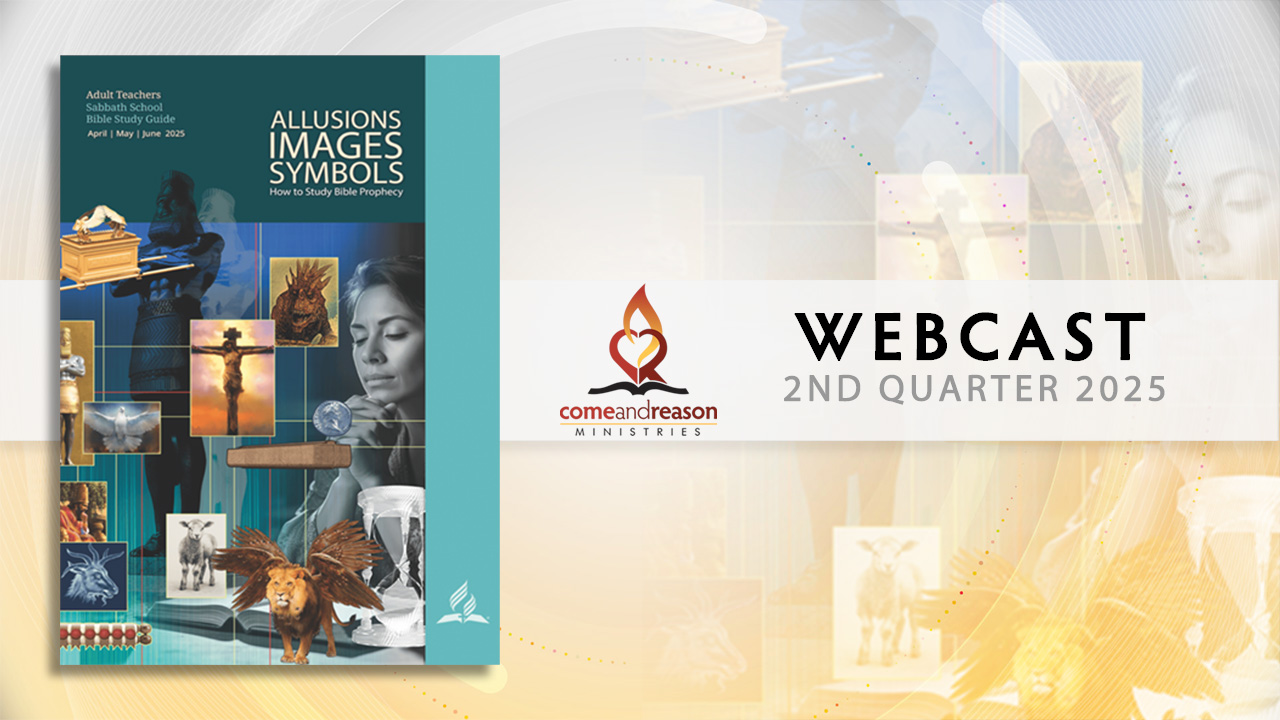The Bible says:
ŌĆ£For the wages of sin is death, but the gift of God is eternal life in Christ Jesus our LordŌĆØ (Romans 6:23 NIV84, emphasis mine).
ŌĆ£The one who sows to please his sinful nature, from that nature will reap destructionŌĆØ (Galatians 6:8 NIV84, emphasis mine).
ŌĆ£Sin, when it is full-grown, gives birth to deathŌĆØ (James 1:15 NIV84, emphasis mine).
These texts seem to make it clear that death is the direct result of sin, not an infliction by God, and the Bible says elsewhere that the power of death is SatanŌĆÖs power, not GodŌĆÖs:
ŌĆ£Since the children have flesh and blood, he too shared in their humanity so that by his death he might destroy him who holds the power of deathŌĆöthat is, the devilŌĆØ (Hebrews 2:14 NIV84, emphasis mine).
Based on these texts, I recently called out an article published in the December 7, 2023, Adventist Review for stating the following:
To spare us, God poured out His wrath against the violation of His law (sin), not on the violators of His law (sinners) but on the sinless Jesus, the only way that God could ŌĆ£be just and the justifier of the one who has faith in JesusŌĆØ (Rom. 3:26). In short, rather than killing us for violating His law, the Father killed Jesus instead. ŌĆ” Or, to put it crudely, the Father killed Jesus so that He wouldnŌĆÖt have to kill us (Goldstein, C. ŌĆ£Law, Freedom, Love.ŌĆØ Adventist Review online edition, Dec 8, 2023, emphasis mine).
I asserted that the author is attributing to God the power of death, which the Bible says is actually a power of Satan. In other words, the author is describing God as using SatanŌĆÖs power. I also observed that putting God in the role of death-bringer is the unavoidable result of people accepting the lie that GodŌĆÖs law functions like human lawŌĆöa system of made-up rules that require external enforcement. When people believe GodŌĆÖs law is imposed like our laws are, they always conclude that justice means inflicting punishment and that the minimum punishment for sin is death, so they conclude God must inflict death to achieve justice. Furthermore, because Jesus came to be our substitutionary Savior, they teach that God killed the innocent Jesus in our place. It is very sad to see this, but this is what the one single lie about GodŌĆÖs law does.
┬Ā
Understanding Difficult Passages
If I am correct, that the power of death is the devilŌĆÖs power and that God does not inflict death as punishment for sin, then what do we do with texts like this one?
ŌĆ£See now that I myself am He! There is no god besides me. I put to death and I bring to life, I have wounded and I will heal, and no one can deliver out of my handŌĆØ (Deuteronomy 32:39 NIV84).
Is the Bible contradicting itself? Does God use SatanŌĆÖs power? Is God the source of life and death? Is death inflicted by God? Am I wrong about the Review article?
How we understand the Bible and all theological questions is directly determined by our understanding of how GodŌĆÖs law functions. If we believe that GodŌĆÖs law functions like human laws, imposed rules that require legal oversight and enforcement, then we conclude, like the Review article does, that God is the source of inflicted death as punishment for sinŌĆöand we will cite texts like Deuteronomy 32:39 to ŌĆ£proveŌĆØ this false conclusion as true.
But when we return to design law, understanding that God is Creator and all His laws are the protocols that He built reality and life to operate uponŌĆölike the laws of physics, health, and the moral lawsŌĆöthen we realize that God is not the source of death, but that death is the result of breaking away from God and His design protocols for life, like breaking the law of respiration by tying a plastic bag over oneŌĆÖs head.
Then what do we do with Deuteronomy 32:39? We cannot ignore this text, so how do we understand it?
As we do with all Scripture, we place it in the setting of the entire inspired record, the setting of the Great Controversy, and we do not form our understanding only on one text. And with just a little more Bible searching, we find this clarifying text:
ŌĆ£The LORD brings death and makes alive; he brings down to the grave and raises upŌĆØ (1 Samuel 2:6 NIV84).
In this passage, we can see the answer through Hebrew parallelism, in which the second phrase expands upon the firstŌĆöand what do we learn? That God is in control of what the Bible calls the first death, not the second death; that God causes the first death but not the second death and that He will raise people from the first-death experience.
┬Ā
The Bible and Death
In Scripture, the word ŌĆ£deathŌĆØ is applied to two different and distinct states of being:
- The first death, which the Bible describes as a ŌĆ£sleepŌĆØ (Matthew 9:23,24; John 11:11ŌĆō14; 1 Thessalonians 4:13ŌĆō17), is a state of being in which the body ceases to function and decays back to dust (Genesis 3:19), but the soul, the individuality, ŌĆ£sleepsŌĆØ awaiting the resurrection. ItŌĆÖs like a computer whose battery ŌĆ£diesŌĆØ so the computer ŌĆ£sleepsŌĆØ until it is powered up again. The great Reformer Martin Luther wrote, ŌĆ£It is enough for us to know that souls do not leave their bodies to be threatened by the torments and punishments of hell, but enter a prepared bedchamber in which they sleep in peaceŌĆØ (Weimarer Ausgabe, 43, 360, 21ŌĆō23 (to Genesis 25:7ŌĆō10); also Exegetica opera latina, Vol 5ŌĆō6 1833 p. 120 and the English translation: LutherŌĆÖs Works, American Edition, 55 vols. (St. Louis: CPH), 4:313).
The first death is not the end of life; it is a pause in oneŌĆÖs lifeŌĆöthe life will continue at the resurrection.
- The second death is the death that is the ŌĆ£wages of sinŌĆØ death (Romans 6:23); it is the death in which both body and soul are destroyed. This death does not happen to anyone until after the judgmentŌĆöafter the second resurrection at the end of the 1,000 years. This is the death that occurs when one is completely and permanently cut off from God, who is the source of life. And the second death has no power over the righteous, only the wicked (Revelation 2:11; 20:6).
Understanding these two types of death allows us to understand Deuteronomy 32:39 and 1 Samuel 2:6 and how the devil, not God, holds the power of death.
God is the source of the first deathŌĆöthe sleep-death, which is an artificial state of suspended animation instigated and caused by GodŌĆÖs grace to limit the destructiveness of sin and to allow time for the plan of salvation to be carried out. If not for GodŌĆÖs grace in suspending for a time the ultimate consequences of sin (second death), there would be no first death, only the second death. But the Bible tells us that God in ŌĆ£his forbearance had left the sins committed beforehand unpunishedŌĆØ (Romans 3:25 NIV84). God intervened to create this artificial state of sleep-death so that JesusŌĆÖ mission to come and overcome as our substitutionary Savior could be accomplished.
Thus, the Bible rightly tells us that God is in control of the sleep-death, and it is GodŌĆÖs power to bring this sleep-death and to awaken people from it. But the sleep-death is not the death that is the wages of sin! The death that is the wages of sin is the death that Satan causesŌĆöand which Jesus came to destroy:
ŌĆ£The last enemy to be destroyed is deathŌĆØ (1 Corinthians 15:26 NIV84).
ŌĆ£Christ Jesus, who has destroyed death and has brought life and immortality to light through the gospelŌĆØ (2 Timothy 1:10 NIV84).
So, we have two deaths described in Scripture. The first death, the sleep-death, which is not death at all but a period of suspended animation in which a person awaits resurrection, is the artificial state of grace controlled by God for the purpose of saving humanity from sin.
But the second death, eternal death, which is a state of annihilation and from which there is no resurrection, is not from GodŌĆöit is the result of unremedied sin and is the fruit of SatanŌĆÖs power to alienate people from God, the source of life.
And the second death occurs not when God uses power to inflict it, but when He stops using His power to prevent it. In other words, God has been using power to hold at bay what sin does, but in the final end, God ŌĆ£lets goŌĆØ and surrenders the persistently rebellious to reap the full consequences of what they have insisted upon, separation from Him, the source of life, and they die eternally. Just as Galatians says: ŌĆ£The one who sows to please his sinful nature, from that nature will reap destructionŌĆØ (6:8 NIV84).
God is the source of life; Satan and sin are the source of death!
┬Ā
Delaying the Mission
We will not be able to complete our mission of taking the gospel to the world as long as we present a god who is the source of death inflicted upon people as punishment for sin. We must reject the lie that GodŌĆÖs law is imposed like human law. And we must reject the penal/legal theologies that place God in the role of cosmic executioner who wields SatanŌĆÖs power of death.
Instead, we must return to worshiping God as Creator, the source of life, the healer of our souls, the one who made the heavens, earth, seas, and fountains of water and who sustains all its operations.
I invite you to reject the penal-substitutionary fraud, which is based on the lie that GodŌĆÖs law functions like human law, and worship God in His true light as Creator, Healer, Savior, and Sustainer of all realityŌĆöthe God whose laws are design laws.
┬Ā










 using your credit or debit card (no PayPal account needed, unless you want to set up a monthly, recurring payment).
using your credit or debit card (no PayPal account needed, unless you want to set up a monthly, recurring payment). instead?
instead?